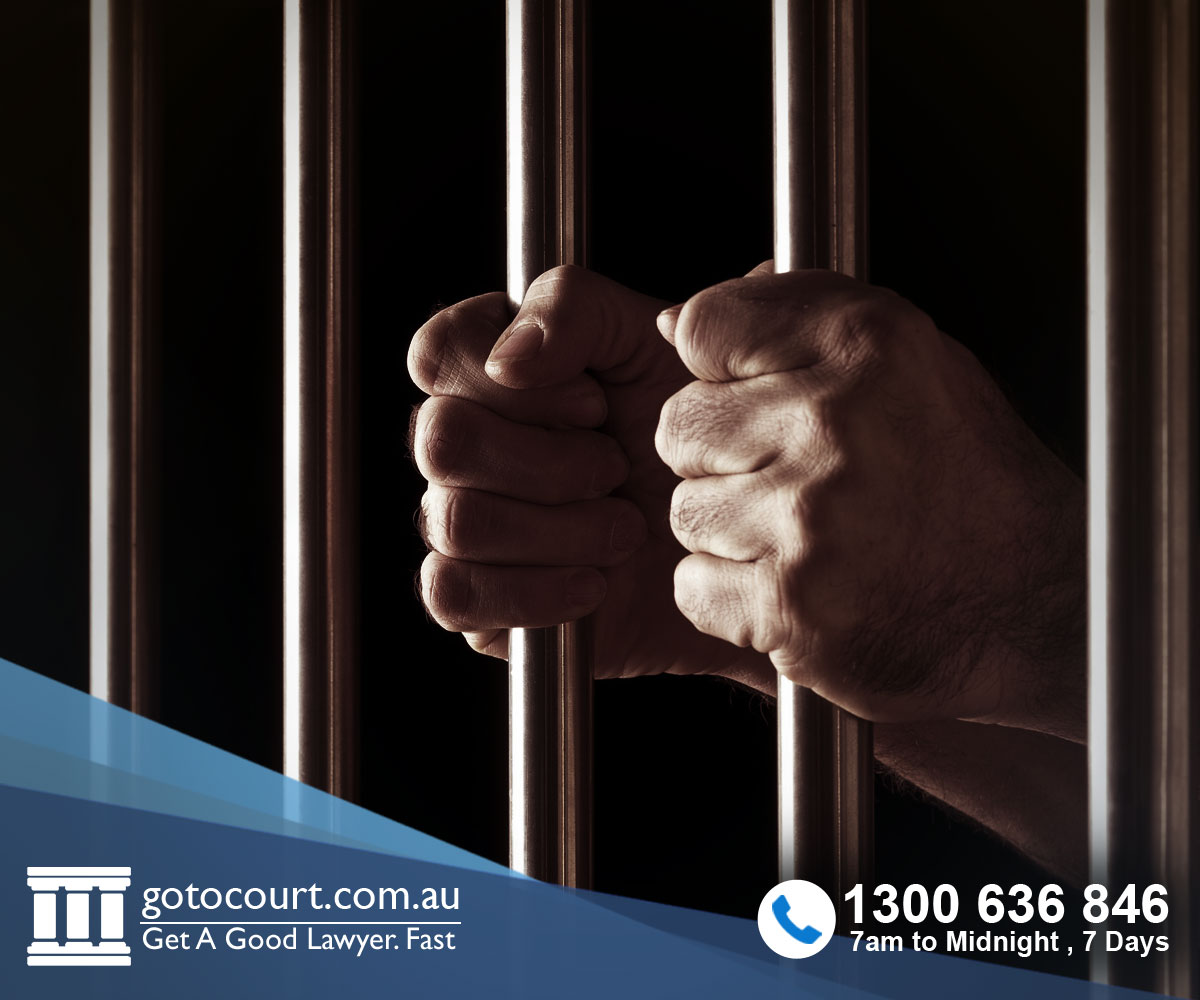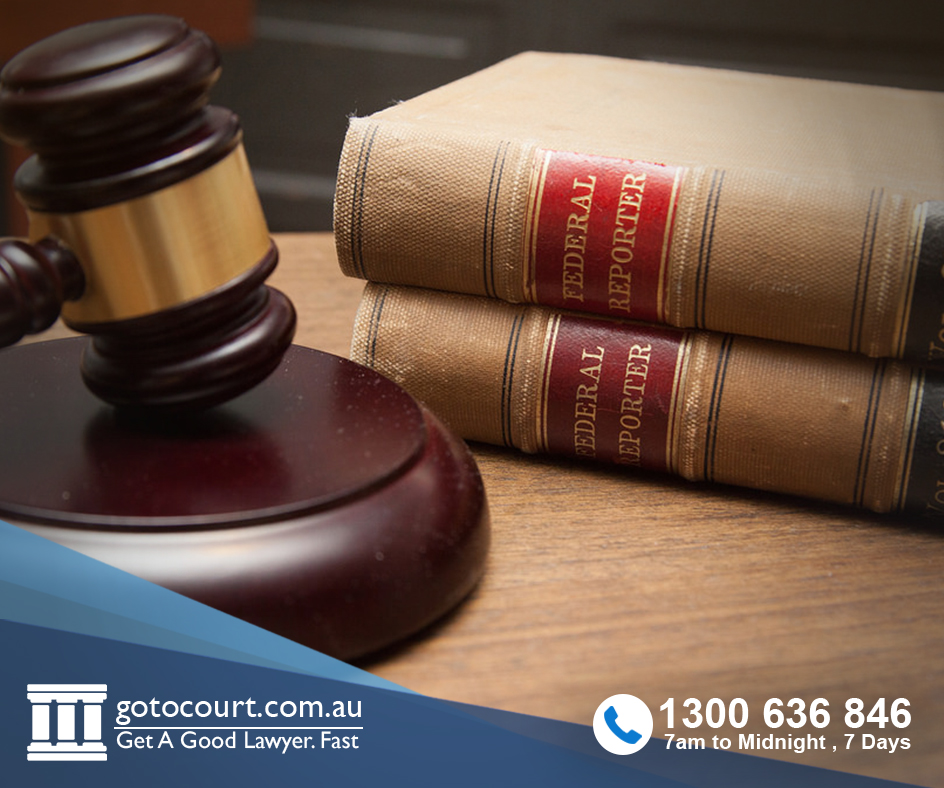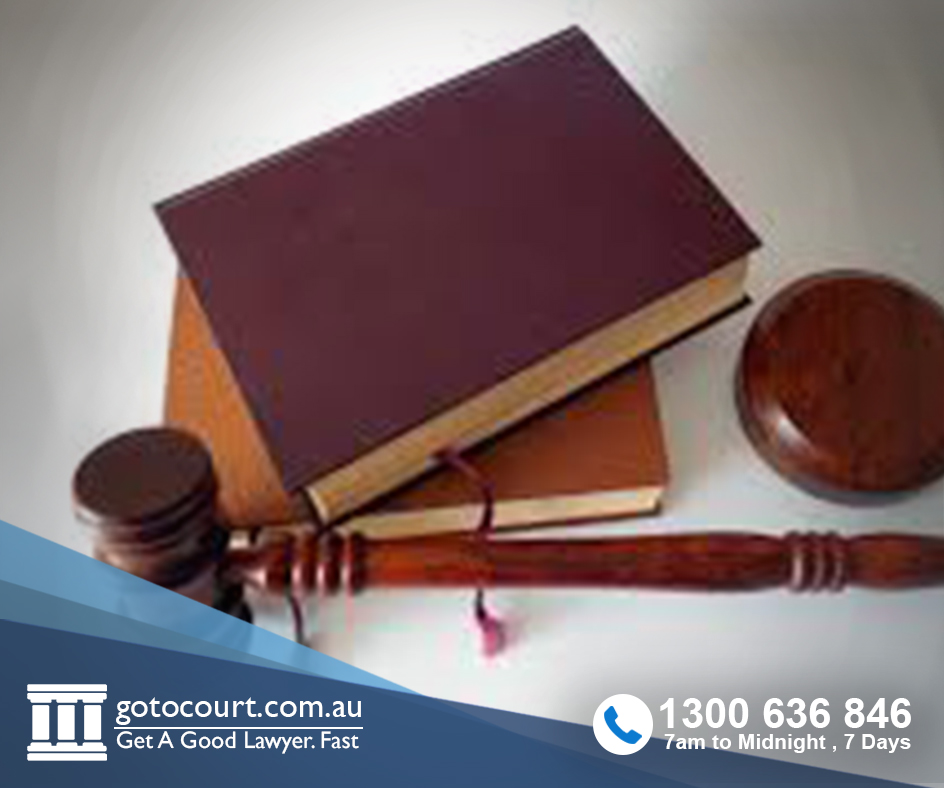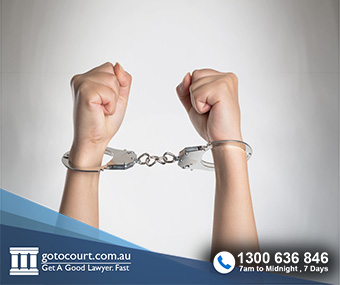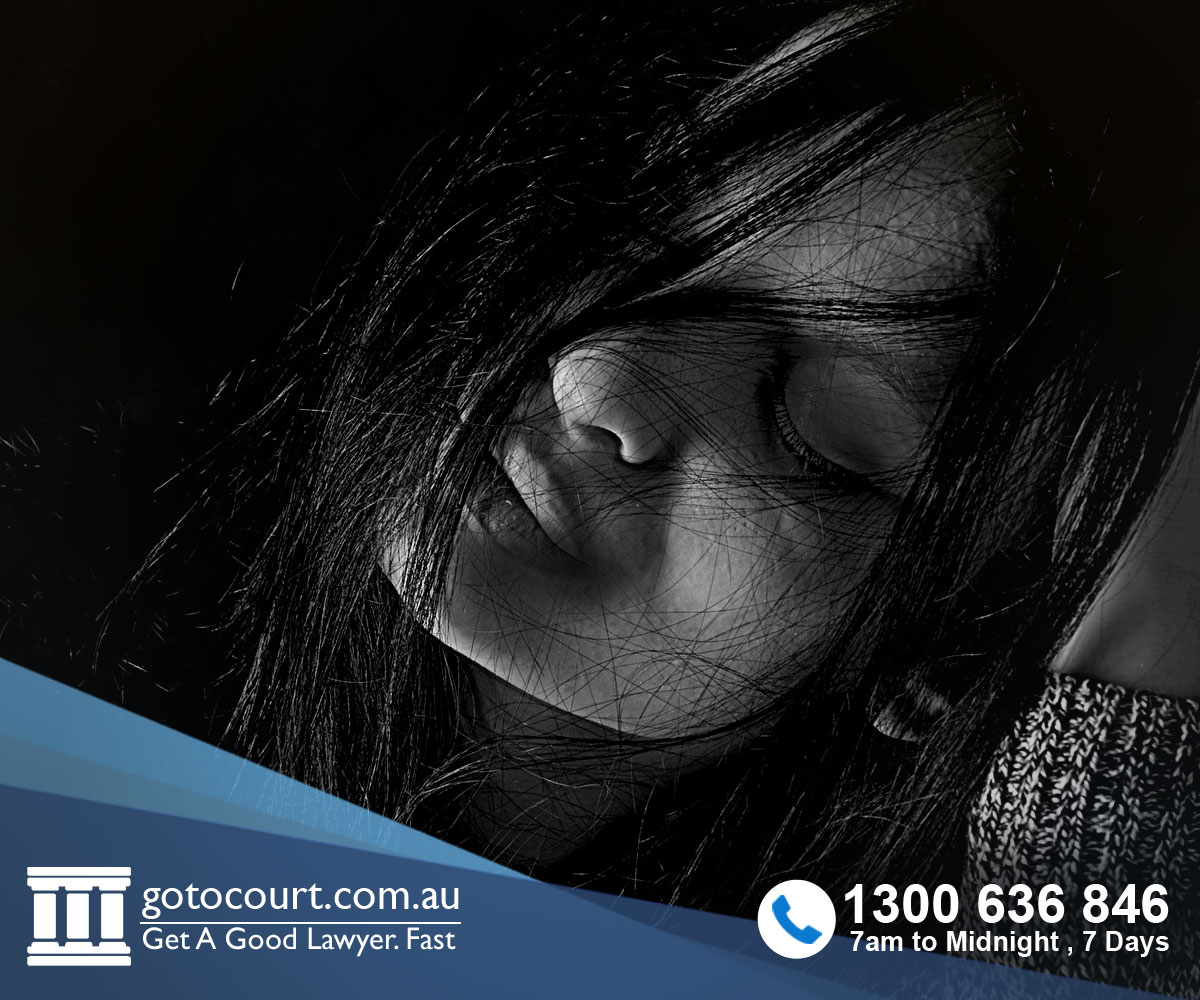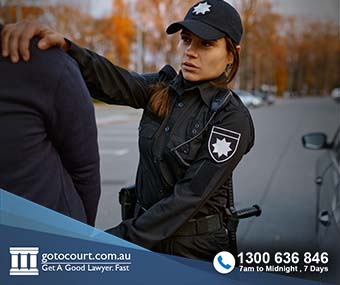Bail in Melbourne
When a person in Melbourne or elsewhere in Victoria is charged with criminal offences, the police may grant bail or remand the accused in custody. If the person is remanded in custody, they must be brought to court at the first reasonable opportunity so that they can apply for bail if they wish to do so. If they are an adult, this will occur at the Magistrates Court. If they are a child, it will occur at the Children’s Court. Applications for bail in Melbourne and the rest of Victoria are governed by the Bail Act 1977.
What Is Bail?
Bail is the conditional release of an accused whose criminal proceedings have not been finalised. Bail can be granted by a court at any stage in criminal proceedings, including when the person is first charged, after they enter a plea, when the matter is set down for a contested hearing or trial or after the person has been found guilty but before sentencing.
When a person is granted bail, they must promise that they will return to court when required and that they will abide by any other bail conditions that are imposed. The conditions that the court attaches to a person’s bail will depend on what the person is charged with, their circumstances and the risk factors that the court identifies.
Presumptions for and against bail in Melbourne
While for some offences, there is a presumption that an accused should receive bail, for others there is a presumption that they should be remanded in custody unless exceptional circumstances exist. For other offences, the person applying for bail must ‘show cause’ why their continued detention is not justified.
Unacceptable risk
When deciding whether to grant a person bail or not, the court must decide whether there is an unacceptable risk that they will fail to attend court, commit offences while on bail, endanger the community or interfere with witnesses.
In assessing this, the court will consider:
- what the charges are and how strong the case against them is;
- their criminal history;
- their bail history including whether they have breached bail in the past;
- whether they are likely to try to flee the jurisdiction without finalising the charges;
- the penalty likely to be imposed if they are found guilty;
- whether they have community obligations such as employment or children and how their imprisonment would impact others;
- whether they pose an unacceptable risk if granted bail.
Surrounding circumstances
A bail decision-maker must consider the surrounding circumstances of a matter when deciding whether to grant a person bail. Section 3AAA of the Bail Act sets out what is to be included in ‘surrounding circumstances’, which includes:
- the nature and seriousness of the offence/s;
- the strength of the prosecution case;
- the accused’s criminal history (if any);
- whether the accused has previously complied with bail conditions;
- whether the accused has other unfinished criminal proceedings;
- whether there are Family Violence Intervention Orders or Safety Notices in place;
- the accused’s personal circumstances;
- how long the matter is likely to take to be finalised;
- the sentence likely to be handed down if the person is found guilty;
- whether the person has a special vulnerability
Bail Conditions
If a person is facing serious charges and/or has a long criminal history, they are more likely to have difficulty obtaining bail. If they are granted bail, they are more likely to have stringent bail conditions imposed. These may include reporting to the police at regular intervals, living at a particular address and surrendering their passport.
If a person is facing criminal charges that are alleged to be alcohol- or drug-related, they may be granted bail with a condition that they abstain from alcohol or drugs and may have to submit to alcohol and drug testing.
If the person is a juvenile, the curt ay consider it appropriate to attach stricter conditions to their bail. These may include attending school every day and abstaining alcohol.
Breach of bail in Melbourne
If a person breaches their bail in Melbourne, they can be arrested without a warrant. As well as having their bail revoked, they can be charged with the offence of breach of bail. The maximum penalty for breach of bail in Melbourne and Victoria is a fine of 40 penalty units or imprisonment for two years.
If you require legal advice or representation in relation to bail in Melbourne or in any other legal matter, please contact Go To Court Lawyers.


